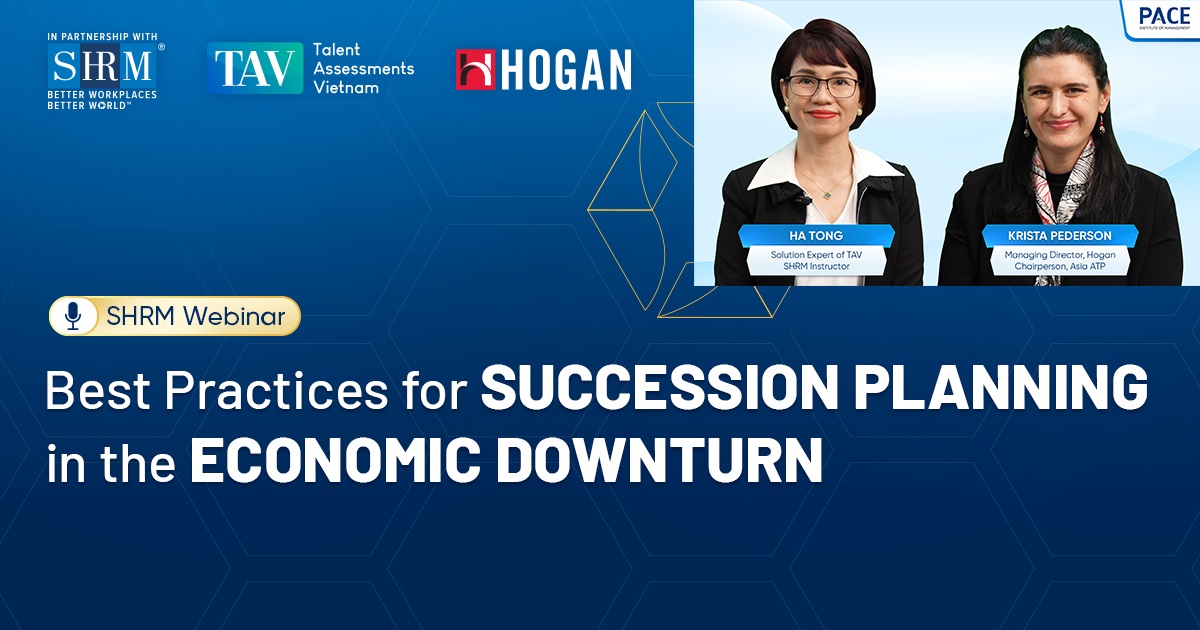MAKING WORK WORK FOR YOU
In Making Work Work: The Positivity Solution for Any Work Environment (Sterling Ethos, 2016), Shola Richards offers solutions for creating a more positive professional environment using kindness and mutual respect. The author's journey in writing the book and starting a movement around positivity followed a painful period. He spent two years job working for a boss who once told him his name was "too complicated and weird" for customers to pronounce and asked him to refer to himself as "Steve" at work. After two soul-sapping years, he quit to become an expert on workplace happiness and engagement.
Richards, a speaker, certified emotional intelligence practitioner, leadership trainer and director of training at a world-renowned hospital, outlines three pillars of respect that must be practiced in a positive workplace:
Respectful communication—Communicating verbally and nonverbally in a manner that shows openness, not defensiveness, and demonstrating common courtesy in all interactions.
Respect for the individual—Never giving critical feedback in front of others. Being quick to apologize, own your mistakes and offer solutions to make them right.
Respect for the team—Offering support to team members without being asked. Rejecting the temptation to create cliques or do anything that divides the team instead of bringing it together.
He also offers some advice to leaders who want their employees to feel more valued:
Say hello. This seems so simple, but it is shocking how often leaders fail to do this. Simply saying hello, as a way of genuinely acknowledging others, has such a powerful effect on people.
Have their backs. Another way to make people feel important is to have their backs when customers, clients or other colleagues are acting abusively toward them. Dealing with difficult and rude people is part of many jobs, but if someone crosses the line and becomes verbally abusive (for instance, insulting someone's personal appearance, angrily cursing at someone, or making a racist or sexist comment), it means a lot to your people to know that you are unwilling to accept that type of behavior toward them.
Connect on a personal level. The people who work for you are not widgets. They are human beings who want to know that you care about them and their overall well-being.
Richards acknowledges that some leaders won't care about his message, but he argues that there's a business case for the type of workplace he advocates: Individuals who feel marginalized at work are unable to make a positive impact.
"Everyone is important, everyone can have a meaningful impact, and everyone deserves to be seen, heard, and valued," he writes.








